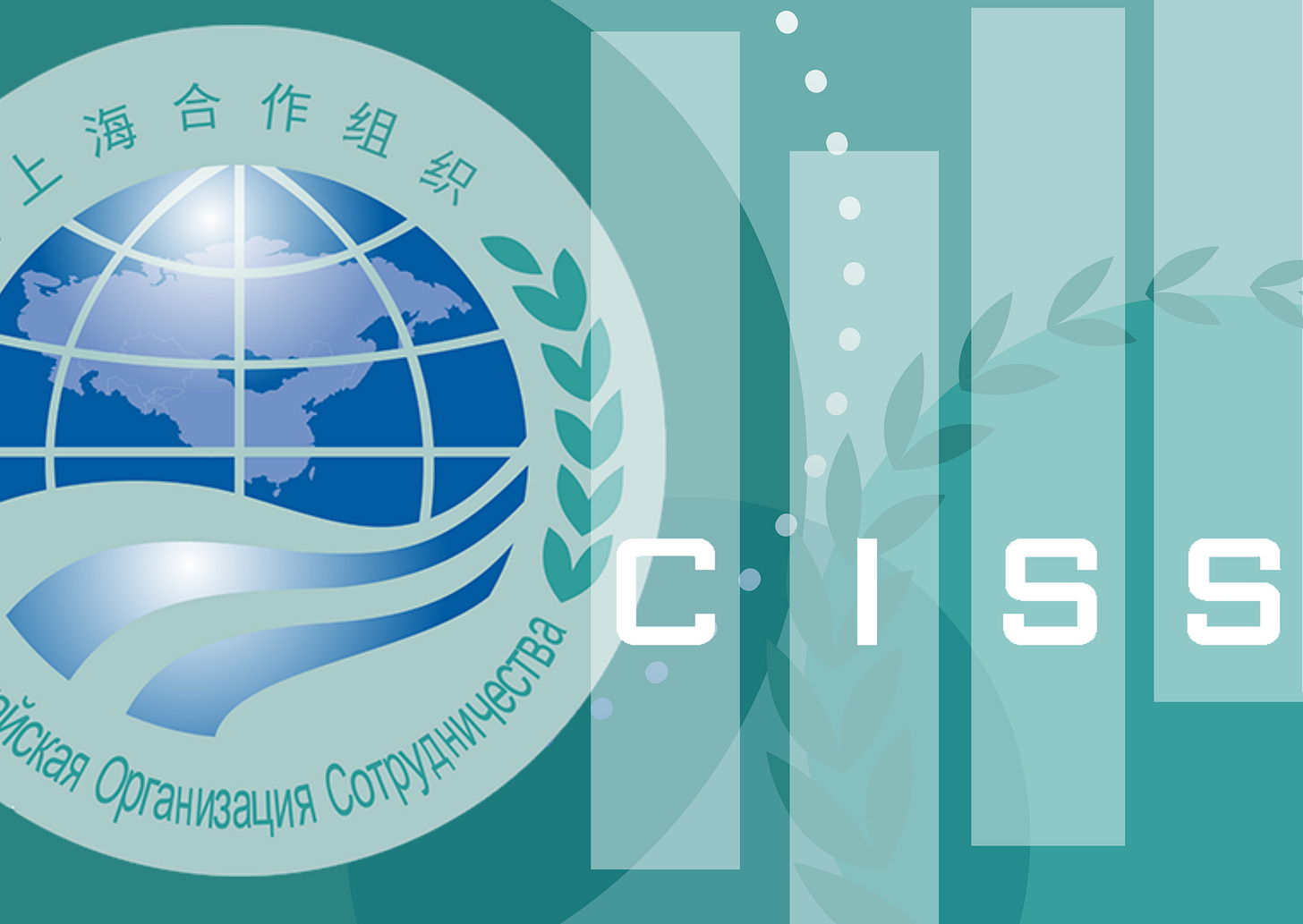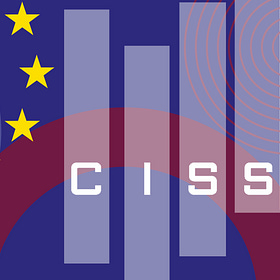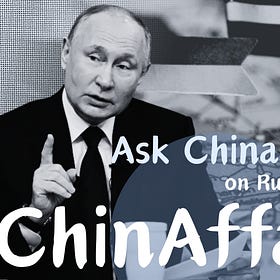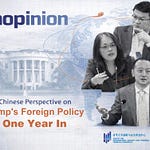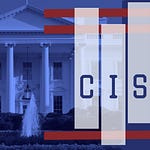The 2025 SCO Summit recently concluded in Tianjin amid a rapidly changing global landscape and the rapid rise of AI technology. How the SCO positions itself, enhances cohesion, and responds to technological disruption has drawn wide attention.
In this episode, CISS China Forum is joined by four distinguished experts — professor Zhao Huasheng, China Forum expert, and professor from Institute of International Studies at Fudan University, Dr. Zhao Long, Deputy Director of the Institute for International Strategic and Security Studies and Professor at Shanghai Institutes for International Studies, Dr. Zhou Mi, China Forum expert, and Deputy Director of the Institute of American and Oceania Study at the Chinese Academy of International Trade and Economic Cooperation, Ministry of Commerce, and Ms. Xiao Qian, Deputy Director of CISS and Vice Dean of the Institute for AI International Governance at Tsinghua University—to analyze the summit’s outcomes and the challenges ahead from geopolitical, economic, security, and AI governance perspectives.
Experts in today’s dialogue:
Key Points:
This SCO Summit was described as the largest in the organization’s history. Scholars emphasized that the SCO has already gained broad international recognition, and the summit itself is “historic.” Every time China hosts an SCO summit, it provides both material and intellectual support, highlighting China’s growing role in international governance and multilateral institutions.
About multilateralism and global governance, Zhao Long argued that the SCO’s development represents the rise of multilateralism, injecting positive elements into the post-war order dominated by great power rivalry. The summit also provided a valuable platform for leaders to engage, with significance for the Global South, multipolarity, and China’s own responsibilities as a major power.
Xiao Qian contrasted the SCO with U.S. “mini-lateral” mechanisms such as AUKUS and the Quad. Unlike U.S.-led groupings, which emphasize defense, identity-based alliances, and the Indo-Pacific strategy, the SCO is the most open multilateral organization, focusing on economic and security cooperation. Its vitality comes from mutual support and diverse participation, making it attractive to countries that do not wish to be trapped in U.S.-China competition.
Zhou Mi stressed that, in the economic and trade dimension, the SCO seeks to promote cooperation on an equal footing, without targeting “imaginary enemies.” Unlike U.S.-led arrangements, which are U.S.-dominated, the SCO aims to address real-world issues, expanding into new areas beyond security and trade.
In the context of Trump’s “unilateralism” and “withdrawal diplomacy,” Zhao Huasheng emphasized that the SCO does not seek to compete with the United States. Rather, it is in an “open participation” phase, steadily growing without rapid expansion. However, U.S. retrenchment has left gaps in global governance, which the SCO may increasingly fill. On Indian Prime Minister Modi’s attendance, Zhao noted that while the U.S. cannot fully dictate India’s foreign policy, Trump may apply pressure. Modi’s participation sends a positive signal for China-India relations, which have improved significantly over the past year despite ongoing competition alongside cooperation.
About SCO enlargement, Zhao Long suggested that middle powers in Southeast Asia, such as Malaysia and Indonesia, see SCO membership as an opportunity to access major Asia-Pacific markets (China, India, Russia) and to elevate ASEAN’s role. Participation also offers these countries a high-level platform to enhance their global visibility. Enlargement is based on recognition of the “Shanghai Spirit,” though participation may be selective, focusing more on economics, technology, and AI.
Zhao highlighted the SCO’s contribution to regional connectivity, energy trade, and pilot projects such as AI cooperation. Efforts are underway to explore a new global payment system to improve monetary and trade stability. Meanwhile, Zhou Mi cautioned that such a system cannot replace the U.S.-dollar framework overnight. However, the SCO could offer countries alternative options in global finance, especially as U.S. tariff wars disrupt supply chains and undermine trust. The SCO may also expand into new domains such as data centers and computing power infrastructure.
About AI cooperation among SCO, Xiao Qian emphasized that the SCO is adapting to emerging technologies, with an AI Cooperation Forum held in Tianjin in May. Member states discussed AI development, application, and governance, including open-source technology collaboration and cybersecurity challenges. However, The SCO faces disparities in technical capacity among its diverse members, as many remain reliant on U.S. technologies. Pilot projects on AI and data governance are important, though progress remains uneven.
About future prospects and challenges, Xiao argued that the SCO should involve more young people and ordinary citizens while strengthening intellectual support through talent development. Zhou Mi noted enduring challenges such as terrorism and the need to manage relations with external powers while expanding SCO solutions globally. Zhao Huasheng stressed that cooperation among China, Russia, and India will shape the SCO’s trajectory, as will ties with other states. Potential U.S. hostility under Trump could affect the SCO’s activities. Zhao Long pointed to internal challenges of efficiency, balancing enlargement with harmony, and reconciling top-level design with project-level execution. Despite these hurdles, the overall direction of the SCO remains positive, with members actively seeking solutions.
Podcast: China-EU at 50—Lessons and the Path Forward by JIN Ling & SUN Chenghao
Experts in today’s dialogue:
#1 Ask China: Chinese Perspective on Russia-Ukraine Conflict
Welcome to the 50th edition of our weekly newsletter! I'm SUN Chenghao, a fellow with the Center for International Security and Strategy (CISS) at Tsinghua University, Council Member of The Chinese Association of American Studies, a visiting scholar at Paul Tsai China Center of Yale Law School





